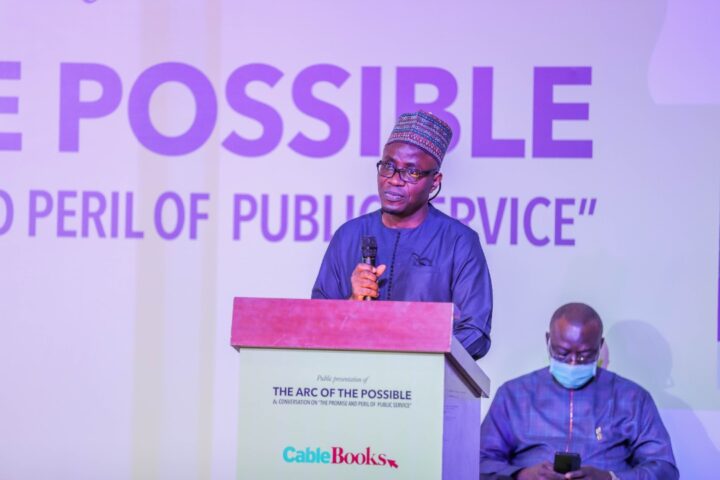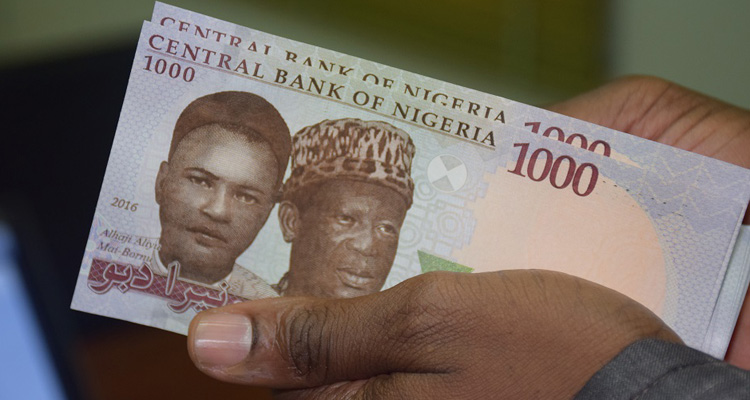For nearly two years the global digital ecosystem has altered drastically. Social relationship has taken a tumble, leaving solitude and individualism as necessary evils to accommodate. Education services delivering are oscillating between online and in-person, a nuanced hybrid that puts so much pressure on digital tools and network build out. Businesses are searching for new approaches to regain verve and speed, away from the chaos they were thrown into. The airline and hospitality industries suffered a knockout punch and are still reeling to regain some little pride and little of the prestige they were once associated with.
COVID-19 and its mutated variants has hit the world so hard, that even now, the fear of the pandemic is more real than the actual disease, forcing governments, policy makers and corporates, among others, to endure some incontinent arbitrariness in decision making and policy formulations.
I have found myself in solitary moments trying to contemplate what the situation would have been if the nation didn’t have the good fortune to pry open the telecommunications industry in 2001, when the tipping point of the sector began? A friend has told me that the media is always looking back at that particular year to project the good things that have happened in our telecommunications industry ever since.
My little response was inspired by some elders in my village in Edo State who would always say that when you continue to talk about the dead before the living, you are only reminding the living that they are not doing enough to rival the performance of the departed.
Advertisement
I will restrict myself only to the telecommunications industry where some great things happened at the time, and the momentum is such that the present is a beneficiary. My question lately is whether the leadership of the telecommunications regulatory agency, the Nigerian Communications Commission (NCC), of Engr Ernest Ndukwe, Executive Vice Chairman (EVC) and late Ahmed Joda (Chairman) saw tomorrow by setting up some of the programmes that would live proudly into the future?
In their time, they set up the Digital Bridge Institute (DBI), structured to train manpower for the telecommunications industry, the Advanced Digital Appreciation Programme for Tertiary Institutions (ADAPTI), aimed at bridging the digital divide existing in the academia with the provision of computers and other ICT tools to equip lecturers and other ICT experts, and the Digital Awareness Programme (DAP), which is a special intervention programme to address the digital information knowledge gap in the country, especially among the youthful population. This was directed mainly at the high schools.
Call them the basic tools we should have in our institutions but we didn’t have them. Nobody contemplated that a few years down the line that the Joint Admission Matriculation Board (JAMB) examinations would be computer based. Nobody projected that pedagogy would be online and that corporate executives and workers in various offices would have to work from home. My little friend never contemplated that she would be living in Atlanta and be going to work every day in California, a flight time of nearly five hours. Welcome to the new world where COVID-19 regulates the activities of humanity.
Advertisement
But some gentlemen saw tomorrow in Nigeria and tried to prepare the nation for a life of the future which would come soon enough.
This is a good story which may be suffering some momentary impairment. One can almost say that there will be so many computer boxes in schools across the nation that can hardly come alive when powered. It means the purpose of their deployment may have been damaged willy-nilly.
What would have been if these projects were never put in place and what would also have been if the implementation has been faithfully followed?
An industry source told me that those projects were developed with very good intentions but sustainability has been a problem. There are duplications of efforts by different agencies of government, so that on one site there could be so many boxes that wouldn’t work. The source also informed that bandwidth has become a big problem because when computer boxes are placed in locations without connection to the internet, they can be used only for training purposes. There is also a suggestion that the schooled-based computer projects should be taken over by individuals of goodwill in other to effectively manage the cost of maintenance.
Advertisement
This writer will want to suggest an auditing process of the various initiatives to determine their functionality and usability. An impact analysis is necessary to ascertain whether anybody is benefiting apart from those who supply the tools.
In a world where COVID-19 is a bizarre reminder of the bleak life awaiting countries without requisite investment in information technology, it may be necessary to ask whether Nigeria is doing well. One is aware that in October 2019, the Nigerian Government renamed the Ministry of Communications as the Ministry of Communications and Digital Economy, saying the action was taken in order to “properly position and empower the ministry to fulfil its digital economy objectives”.
Apart from the usual bravura of blowing one’s trumpet, has any impact been made? Wiley Digital Skills Gap Index (DGSI) 2021 has an answer for us.
Wiley leveraged on its global network and expertise in education and workforce development to compile the Digital Skills Gap (DSGI) 2021, which ranks 134 economies based on a battery of global indicators reflecting how advanced and prepared an economy is with the digital skills needed for sustained growth, recovery, and prosperity.
Advertisement
The Digital Skills Gap Index 2021 was built on six pillars; Digital Skills Institutions, Digital Responsiveness, Government Support, Supply, Demand & Competitiveness, Data Ethics & Integrity, and Research Intensity.
Put on this scale, Nigeria came out at number 103, far behind some other African countries like Kenya, Rwanda, Egypt, Tunisia, and South Africa, just to name a few. What is clear is that in terms of digital tools and infrastructure, usage, acquisition, application and pedagogy, among others, Nigeria is not doing well at all.
Advertisement
There is the need to shed this billowing spirit of arrogance and retool for a better future for the nation and her people.
Advertisement
Views expressed by contributors are strictly personal and not of TheCable.






